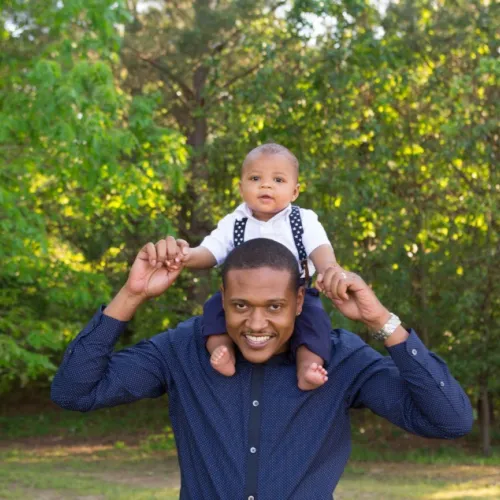What to Know Before Working With a Mediator

Setting a divorce is a complicated matter, and couples often enlist outside resources to help resolve important issues. One such source that many couples turn to is mediation. In mediation, the divorcing parties work with a mediator to talk about and come to decisions about whatever issues need discussing. Working with a mediator can be an excellent option for divorcing couples who want some help in settling disputes but don't find it absolutely impossible to be around each other. When compared to litigation, it can also be a much more affordable option that leaves both parties more satisfied with the results.
- While both parties may still have their respective attorneys, a mediator's job is to act as a neutral third party who does not take sides in the case. Rather, they will provide parties a private space to discuss ideas and possible outcomes until you reach agreements on the issues that needed to be discussed. Since this person will be working closely with both parties, it is important that they find the right mediator. Hiring a mediator should be a process that takes both care and thought because you'll want to be comfortable with the person whom you choose to hire and let into your personal matters. Here are a few things you'll want to know before working with a mediator.
- The mediation process will be must less formal than a courtroom setting. You'll be in a space that allows for open discussion rather than forces you to follow strict rules of conduct. For this reason, you'll want to work with a mediator whom you feel comfortable to be around. When you first speak with this person, think about how the conversation went: what you liked and what might have bothered you. Your mediator should be someone whom you feel comfortable trusting with this task of helping you and your ex-spouse reach resolutions, not someone who annoys you or doesn't make you feel very comfortable. Be honest with yourself as you analyse your initial conversation or meeting with this person. Settling for the wrong person can leave you feeling regret later on.
- While mediation sessions are more informal, your mediator should be skilled at keeping your sessions as orderly as possible. They should set some rules that everyone must follow during the session such as no talking over each other and no badmouthing each other during sessions. A mediator's ground rules will help structure your sessions in such a way that allows you to stay focused on the matter at hand without veering off into unrelated and unproductive topics.
- Choose a mediator whom you feel is good at talking as well as listening. While mediation sessions are a time for you talk about your thoughts on subjects pertaining to your relationship, you and your ex-spouse shouldn't feel like the only ones doing all of the talking or all of the listening. Your mediator should be engaged in what you're discussing while also knowing when to take a step back and listen to what you both have to say. You also shouldn't be made to feel like your mediator has taken sides with either of you. They should always remain the impartial voice between you both.
- Your mediator should be up front about costs. Mediators should charge by the hour instead of a retainer. You should be able to meet with a mediator, and if you decide that you do not wish to work with them after that initial meeting, you shouldn't be locked into anything. You should also know what else they may charge you for such as note taking. Just be up front about wanting to know all the costs that may be involved before you get started, and your mediator should be happy to provide all the details you need to know.
- Compared to scheduled court dates, mediation can be done on much more flexible schedule. Your mediator will likely have a set schedule of hours they are available to take appointments, and you'll be able to choose a time within that schedule that works for both you and your ex-spouse.
- If you're working with an attorney, they may have some suggestions for mediators you should see. Their advice may be quite helpful, but you shouldn't feel shy to keep looking around if you'd prefer to work with a different mediator. Take your time to find someone whom you think makes a good fit in your situation. Remember that the choice lies between you and your ex-spouse.
- One of the most important things to know when hiring a mediator is that you should first determine if you and your ex-spouse are actually good candidates for mediation. While working with a mediator is a great solution for some, it can be extremely difficult for others. If you and your ex-spouse are in a good place where you both have accepted that your relationship is over and you are willing to focus solely on creating the best possible future for you both, then working with a mediator may be a good option for you.
All in all, knowing that you're working with the right mediator probably won't hit you until you've had at least one session together. It might take some time to come to resolutions, but it really depends on how much there is to be settled and how willing you are to focus on actually reaching resolutions. When you are in your sessions, be dedicated to participating fully, listening intently, and keeping your thoughts focused on your goal of settling your disputes.





